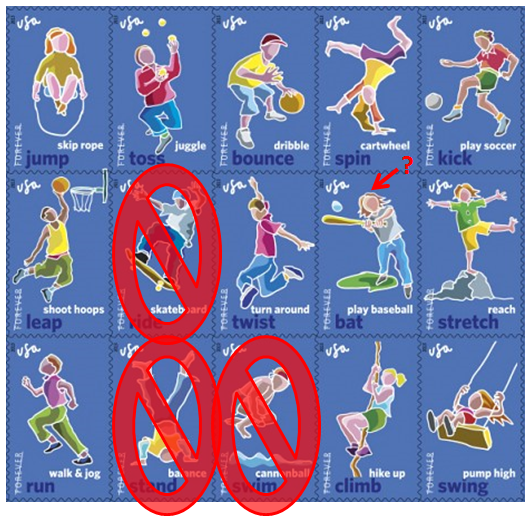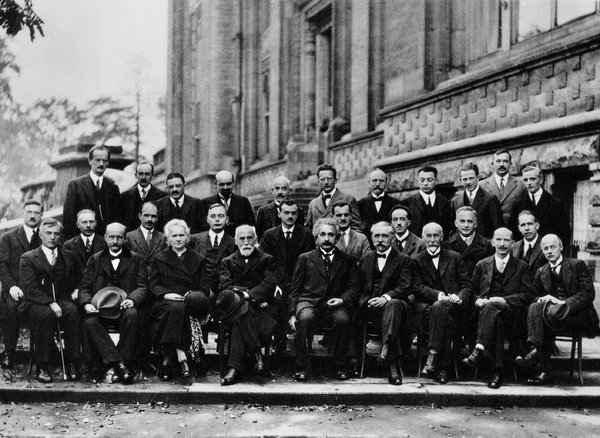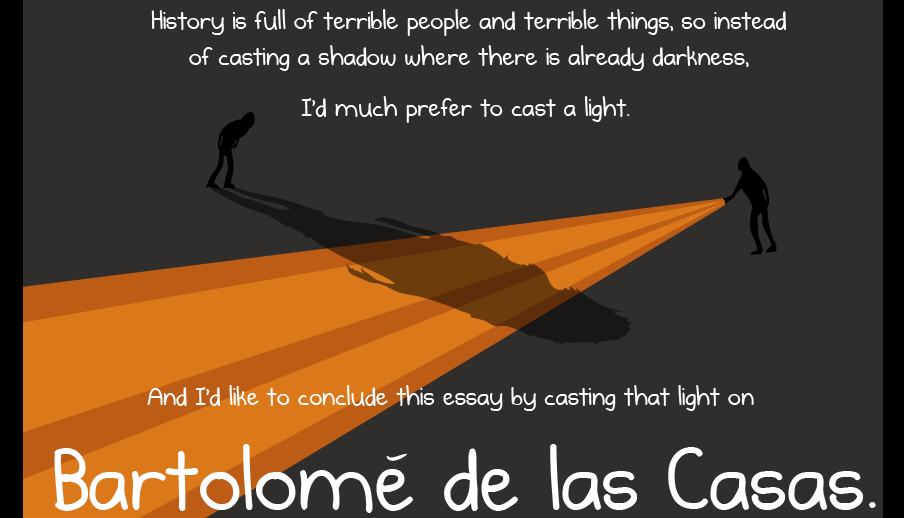
I remember the first Grand Theft Auto game. It was a little shareware title that came out about fifteen years ago with a hilarious premise, a simple idea and great execution. There were no complex philosophical questions. I don’t remember any satire. I don’t remember any story. I just remember the thrill of sitting at my prized Pentium desktop computer with my brother next to me, getting in fast cars and crashing them into everything on the screen, mostly other cars. And people.
Of course, the people weren’t real. It was top down, so all you really saw was shoulders and heads. Apart from the context it might as well have been Pac-Man eating dots. To us, as kids, it was great fun because running over fake computer people is really, really funny. You get to do something that is completely unacceptable in real life and nobody gets hurt. The entire appeal of it is the fact that it’s unacceptable, or undesirable to do such a thing in real life. If you could drive around hitting cars and people with impunity in real life, why would anyone want to play a game based around the same activity? The other side of that coin is the question: if it’s fun to do it in a game, would it be even more fun in real life?
But this isn’t the question I’m interested in. I’m interested in understanding what it is, if anything, Grand Theft Auto V’s developer, Rockstar, is trying to say to us–not necessarily just about violence, but about American culture.
In the modern GTA games, the entire world is a send-up. The major landmarks of modernity are all to be found, but darkly twisted. Fox News is Weazel News, the NASDAQ is BAWSAQ, the FBI is represented by the unrepentantly corrupt FIB, and the in-car radios in every car are rife with advertisements that take every social trend to ridiculous extremes. The jokes are many, and there’s little to no subtlety in their delivery or punchlines. There is a fictional superhero in this universe called Impotent Rage, who is every stereotype of all liberal privileged-white-guilt hypocrisy. In Impotent Rage’s TV show (yes, you can sit down and watch TV in the game), he manages to lampoon both liberals and conservatives in a sequence where he destroys a group of environmentalists who are protesting an oil corporation for “fracking,” misunderstanding them to be protesting against homosexuality.
It’s clever, about as clever as Rockstar ever gets, and amusing, but it’s never particularly satisfying. I’m having trouble putting my finger on why, but I think it has something to do with the pervasive nature of the satire.
Thinking about it took me back to an article I read some years ago by Douglas Haddow that discussed hipsters as heralding the “end of western civilization.” Hyperbolic, to be sure, and written back when it was still interesting to speak derisively about hipster culture, but the point it made–that there’s a fine line to be walked by counter-culture commentary, and that by overdoing it we run the risk of subversion crashing into nihilistic narcissism–is relevant to my struggle to find some meaning behind the satire of Rockstar’s opus. I want to quote from the article, and note that “hipsterdom” could easily be replaced with “GTA V”:
“With nothing to defend, uphold or even embrace, the idea of ‘hipsterdom’ is left wide open for attack. And yet, it is this ironic lack of authenticity that has allowed hipsterdom to grow into a global phenomenon that is set to consume the very core of Western counterculture.”
Haddow is making the argument that the appropriation of art or aesthetic by a culture which cannot appreciate the heritage of its spoils strips them of their meaning. Star Trek brilliantly exposes the horror of such cultural annihilation via the Borg, a collective intelligence made up of drones bent solely upon consuming all biological life. In the Star Trek universe, being assimilated by the Borg is a fate worse than death–not only are the essential parts of your personality subsumed by the collective intelligence, but your body then serves as a tool to force others into the same state. The Borg and hipsters alike are the average of all civilizations and people they assimilate, which is another way of saying they are nothing, they are meaningless, they exist simply for their own sake, their own mechanistic preening, and you are just another item to be added to their collection.
Satire, to me, is reductio ad absurdum, shining a critical light on reasoning or circumstance by stripping away the bits that hide the true character of our pretenses. But what happens when we apply the brush of satirical absurdity to everything in sight? As Haddow ably pointed out, this type of cultural consumption rapidly loses any meaning. We stop caring about what it’s saying. Once we’ve cut everything down to its most ridiculous aspects, the only thing left to do is satirize the critical process itself, and then we’re forced to wonder about the entire point of the exercise. Ironic detachment is the tool of choice when we want to comment on something without actually saying anything, but it’s the surest way to cry wolf and find yourself ignored and irrelevant.
Coming back around to the violence of the experience in a game like GTA V, it’s obvious that for many, including myself, the appeal of such violence is not in the rehearsal of despicable acts against thinking and feeling human beings, but in the novelty and thrill of simulated activities we’d never want to actually engage in in real life. When asking questions about the effect of video game violence on human behavior, we often fail to recognize that the attraction comes not from the similarity of such stylized violence to real-life violence, but in the safety and insulation of the vast gulf of abstraction that actually separates the two. Gamers, by and large, when confronted by too-real depictions of violence in their games, recoil with horror. For evidence of this, look no further than reactions to titles like last year’s Spec Ops: The Line or even the graphic and impactful torture sequence in GTA V itself. There is meaning to be found behind the bloody façade of GTA V. Rockstar recognizes this, and makes it sharply manifest by the harrowing emptiness and dysfunction of the story’s main characters that results from a lifetime of sociopathic feloniousness. Sadly, the heft of the violence doesn’t carry over to the game’s ubiquitous social commentary, which rarely rises above the level of “yeah, that’s pretty silly, isn’t it?”
The friction between fiction and reality that we find so satisfying in the action of the game isn’t as readily found in the catch-all net cast by Rockstar’s farcical take on Los Angeles and American culture in general. This seems to be what happens when you refuse to take sides and are satisfied with simply taking haphazard aim, shooting, and moving to the next target. After a while we stop nodding our heads and just shrug, thinking, “And?”









